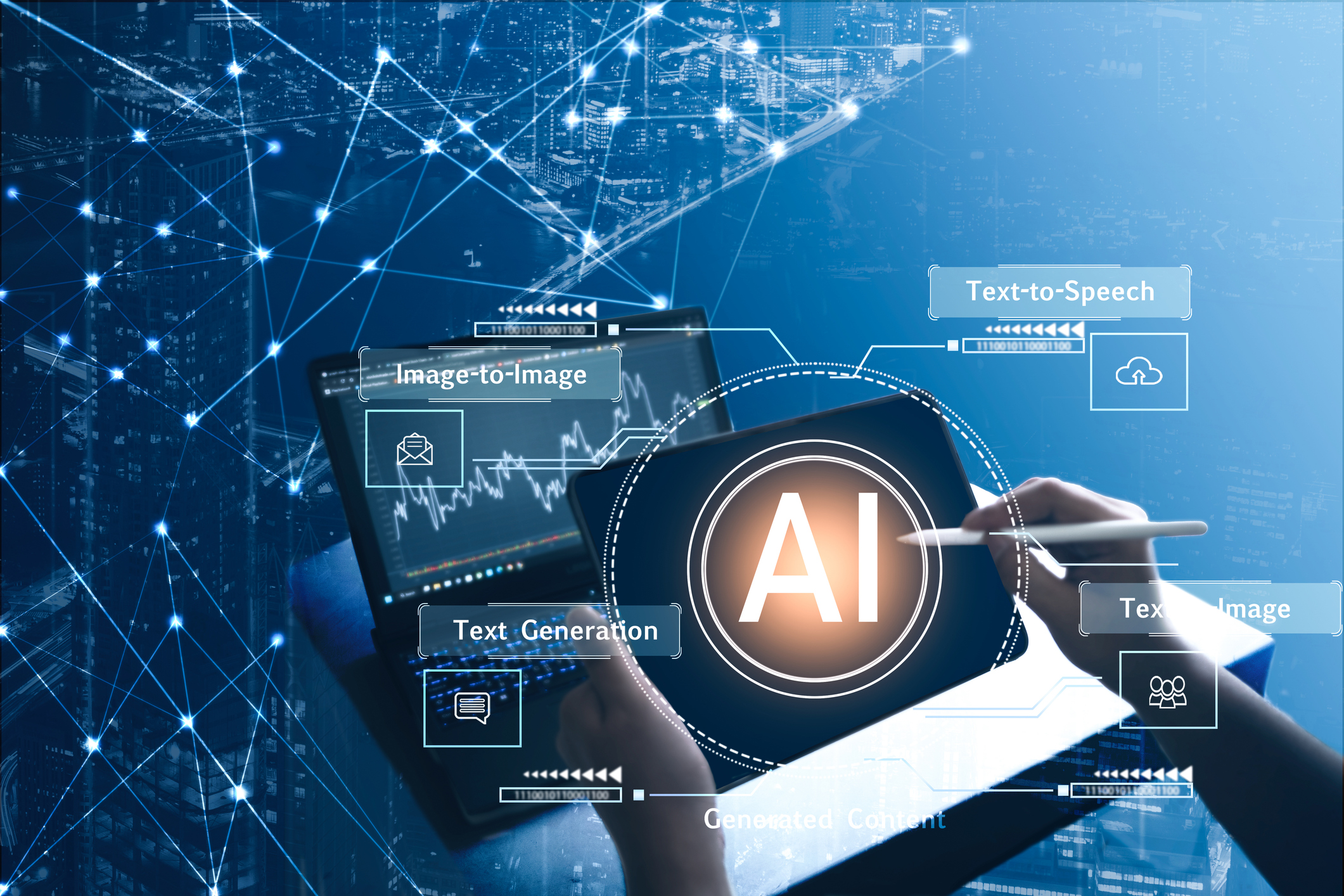India’s demographic edge and diverse economic environment present a unique opportunity for the nation to leverage artificial intelligence (AI), according to the Economic Survey for 2024-25 tabled in Parliament on Friday by Finance Minister Nirmala Sitharaman.
The report emphasized that to fully capitalize on AI’s transformative potential, India must prioritize substantial investments in education and workforce skilling while fostering supportive institutions that can adapt to evolving technological demands.
“These mechanisms can help workers navigate changing job requirements while providing essential safety nets,” the survey said, underscoring the importance of inclusive institutions in managing technological disruptions and ensuring equitable outcomes.
The rapid advancements in AI present both significant opportunities and complex challenges for global labor markets. Despite the impressive progress, AI remains in its developmental phase, with a long journey ahead before reaching the widespread adoption levels seen with technologies like personal computers and the internet.
In this context, as policymakers, it is important to pay attention to the evolving technological landscape and the potential impact it can have on the labour market, the Economic Survey prepared under the leadership of Chief Economic Adviser Anantha Nageswaran said.
“Historical parallels with past technological revolutions show the critical role of inclusive institutions in managing disruption and fostering equitable outcomes,” the report added.
However, barriers such as concerns over AI reliability, resource inefficiencies, and infrastructure deficits continue to hinder large-scale adoption. The survey urged policymakers to act swiftly, warning that AI’s rapid advancements could disrupt traditional labor markets without adequate safeguards.
The report said that companies are now developing increasingly complex AI models capable of performing tasks predominantly handled by humans today. OpenAI, a leading AI research company, recently predicted that AI office-ready workers could emerge by the end of 2025.
The Economic Survey also expressed concern over AI’s influence on critical decision-making areas such as healthcare, education, business, financial services, and criminal justice. The report highlighted that the swift pace of AI research has outstripped the development of regulatory and ethical frameworks needed to manage its risks.
The survey called for a responsible approach to AI adoption, cautioning that India’s large workforce makes its potential impact significant. It also stressed the importance of aligning AI developments with broader societal goals to avoid negative consequences.
Global developments in the AI sector were also highlighted, with mentions of key players such as Google, Microsoft, Meta, X (formerly Twitter), Anthropic, Midjourney, and Stability AI. The number of AI patents granted globally surged by 62.7 percent between 2021 and 2022, while private investments in generative AI skyrocketed from $3 billion in 2022 to $25.2 billion by the end of 2023.
The report further revealed that global corporate investments in all types of AI totaled $761 billion between 2021 and 2023, with an increasing number of companies referencing AI in earnings calls. Many CEOs expect AI adoption to reduce labor requirements, the survey noted.
(Inputs from ANI)














